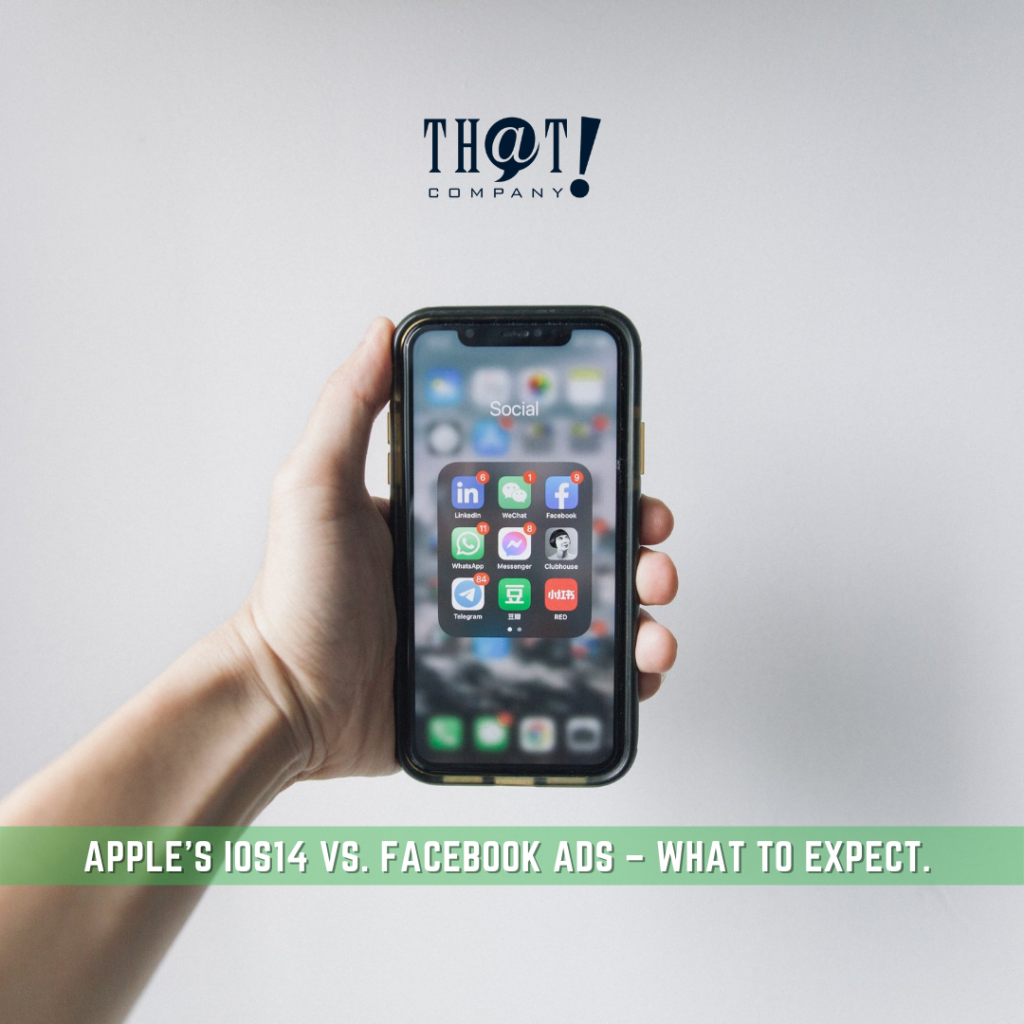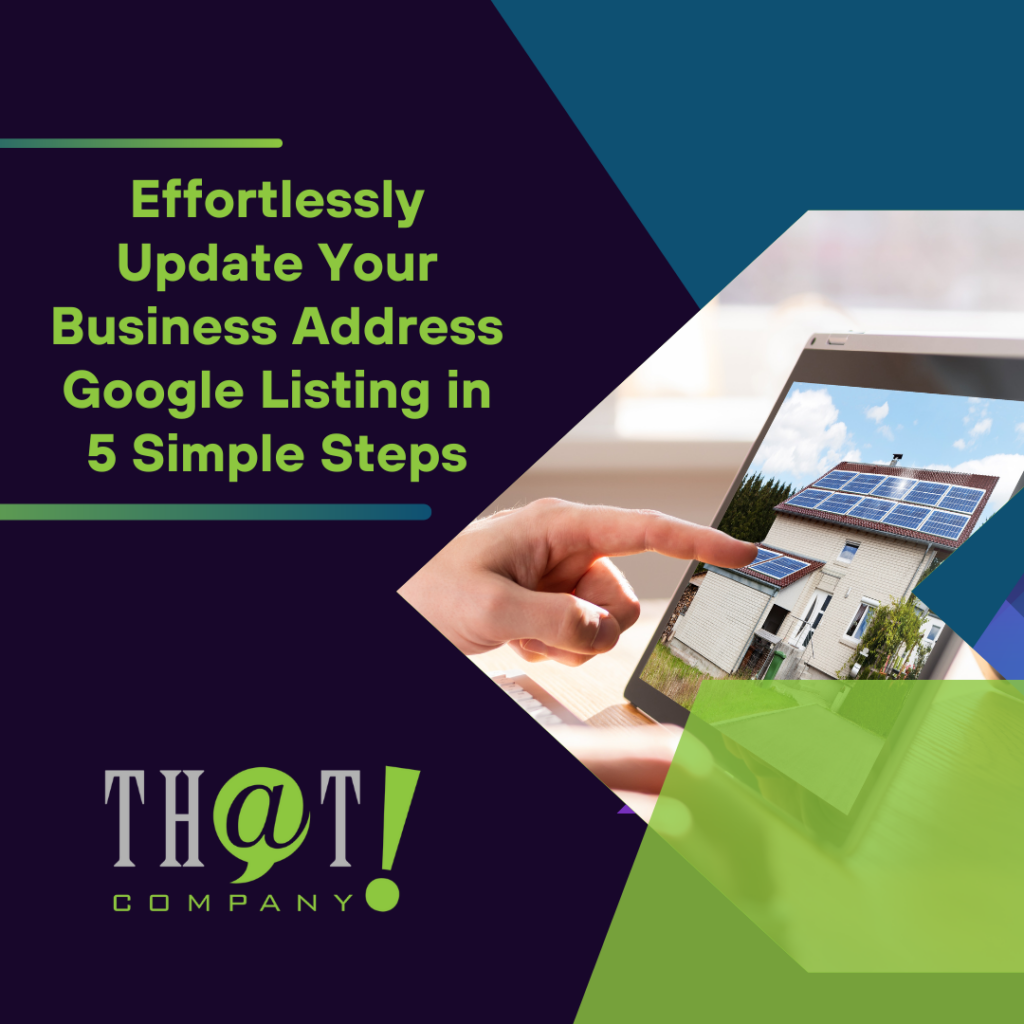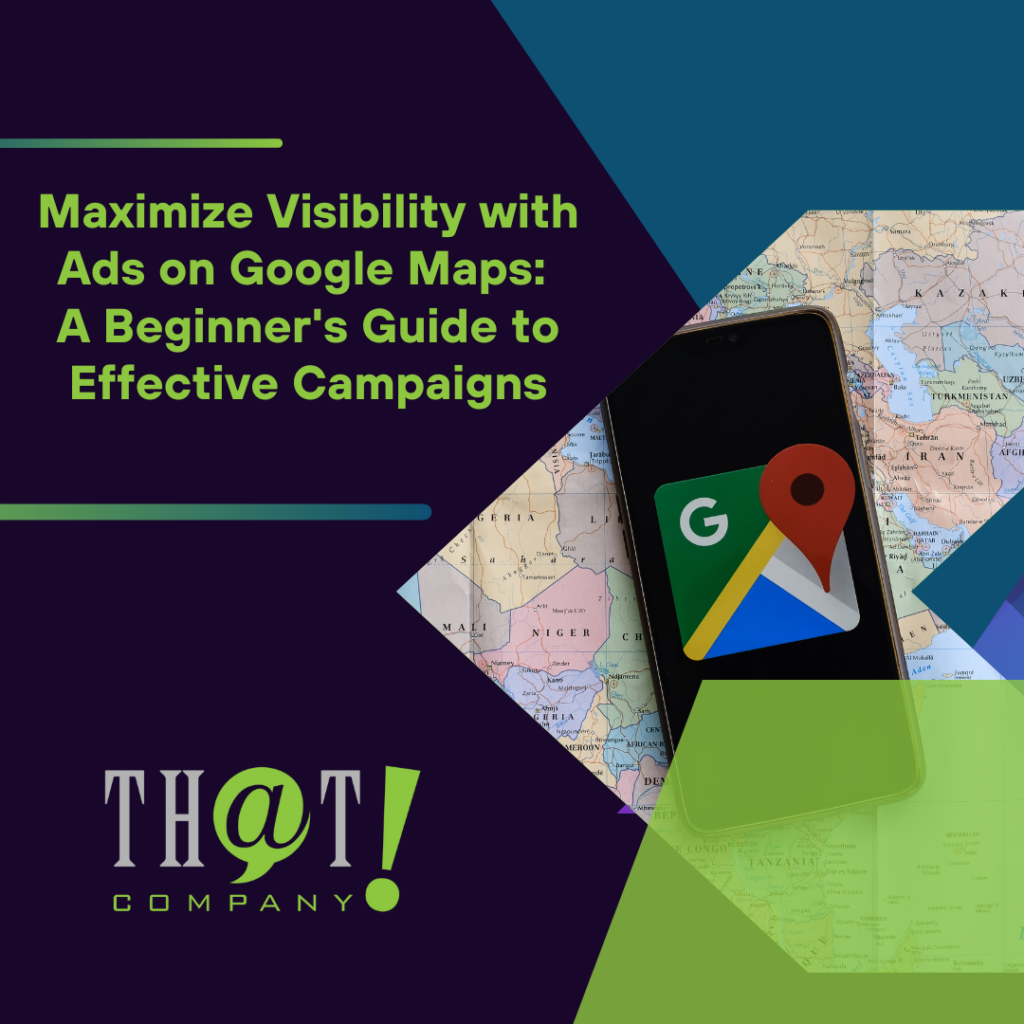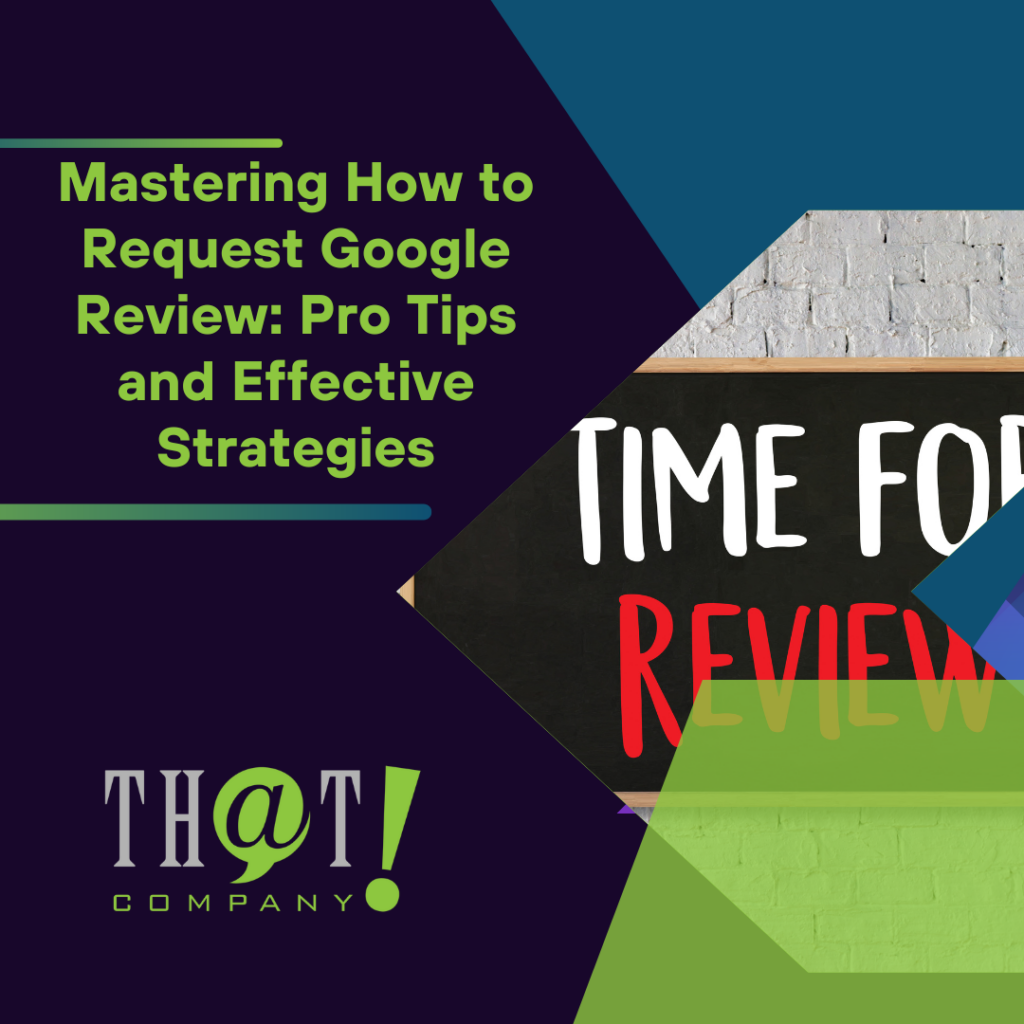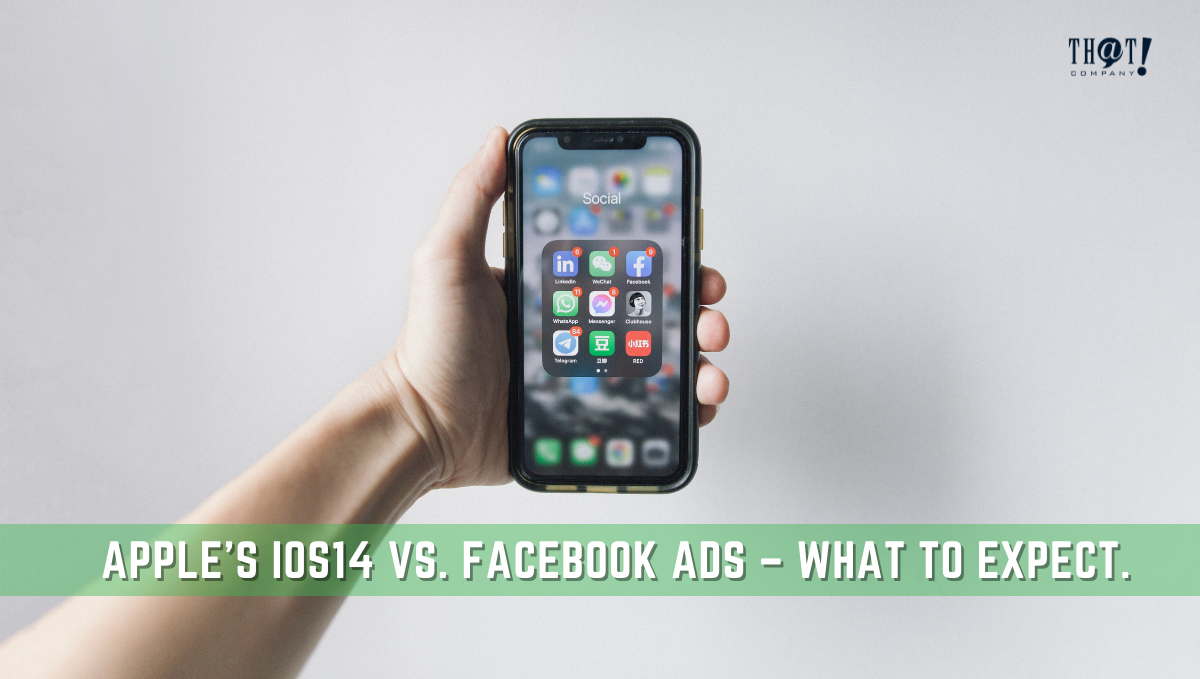
If you haven’t heard the news Apple and Facebook are going at it, and Apple’s latest move with iOS 14’s privacy changes is about to have a huge effect on your Facebook ads and social media management as a whole. Below we look to detail everything you need to know about iOS14, how you can prepare, and where you can access additional resources on the topic.
When is iOS 14 being released?
Apple released iOS 14 on September 16, 2020.
What iPhones are compatible with iOS 14?
iOS 14 is compatible with the iPhone 6s and later, which means it runs on all devices able to run iOS 13, and it is available for download as of September 16, 2020.
What exactly are all the iOS 14 Privacy Changes?
Updated privacy protections require developers to get permission before accessing devices on a local network, and there are new options for limiting access to select photos or providing apps with only approximate location data. New icons show up on the Home Screen when an app is using a camera or microphone.
The part Facebook, marketers, and small businesses alike are most concerned about is the following:
“all apps are also required to get user permission before tracking them across websites”
How will the iOS 14 privacy changes affect Facebook Ads tracking?
 That last sentence “all apps are also required to get user permission before tracking them across websites” will have the largest effect on Facebook’s user tracking capabilities. We have long existed in an “opt-out” instead of an “opt-in” digital world, especially when it comes to Facebook. Apple is flipping the script on Facebook. They are requiring them to get explicit permission to track their users across websites.
That last sentence “all apps are also required to get user permission before tracking them across websites” will have the largest effect on Facebook’s user tracking capabilities. We have long existed in an “opt-out” instead of an “opt-in” digital world, especially when it comes to Facebook. Apple is flipping the script on Facebook. They are requiring them to get explicit permission to track their users across websites.
If you have an Apple phone you will likely already have seen a notification pop up on Facebook asking if you want to “Allow Facebook to use your app and website activity”.
Facebook pitches that you will get ads that are more personalized and that by doing so you support businesses that rely on ads to reach customers.
They further state that to provide a better ads experience, they need permission to use future activities that other apps and websites send them from your device.
They assure their users that this doesn’t give them access to new types of information. They then invite you to learn more about how they limit their use of your activity if you turn off this device setting and related settings on Facebook.
The first option you can click is “Don’t Allow” following by the “Allow” option.
When you click “Allow” it further prompts the Apple device notification which says
“Facebook” would like permission to track you across apps and websites owned by other companies. This allows Facebook to provide you with a better ads experience.
Then you can click either “Ask App Not to Track” or “Allow Tracking”
So Apple not only has an opt-in policy, but it is a double opt-in procedure that takes place in this case.
Below is an example of what users are seeing:
For years now folks have joked about “Facebook is listening” or that they have an “FBI Agent” always listening to them via their phone, and that’s why they are getting targeted ads. Some folks even speak to their phone telling it they want to see ads related to “insert topic here” While the jokes are all good, Facebook doesn’t really even have to listen to get that data. In fact, they regular inform their users that they don’t look at their messages, or listen in via their microphones”
However, while they don’t “read” your messages as that kind of human interaction would severely violate privacy and users would leave their platform in droves, it doesn’t mean that their AI doesn’t pull contextual clues from your messages.
The real wealth of data is based on the websites you visit. W3Techs reports that the Facebook Pixel is used by 15.8% of all websites whose traffic analysis tool they know, which is 10.2% of all websites. Now, there are TONS of low-traffic websites that don’t have these kinds of tools integrated, but you can bet a lot of the major businesses and websites you visit every single day have the Facebook Pixel.
Here’s a graph detailing the prolific nature of the Facebook Pixel. It may not have been as ubiquitous as Google Analytics, but it is certainly prolific.
What is the Facebook Pixel?
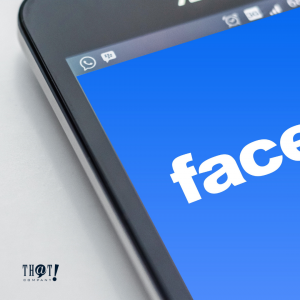 The Facebook pixel is an analytics tool that allows you to measure the effectiveness of your advertising by understanding the actions people take on your website. You can use the pixel to:
The Facebook pixel is an analytics tool that allows you to measure the effectiveness of your advertising by understanding the actions people take on your website. You can use the pixel to:
Make sure your ads are shown to the right people. Find new customers or people who have visited a specific page or taken a desired action on your website.
Drive more sales. Set up automatic bidding to reach people who are more likely to take an action you care about, like making a purchase.
Measure the results of your ads. Better understand the impact of your ads by measuring what happens when people see them.
So, why does Facebook need to be able to track users across websites/how does this affect advertising? At a high level, it’s a huge advantage for folks to be able to remarket to their customers who have visited their website, and Facebook is allowed to collect that data and then use it to gain even more contextual clues is a huge portion of what makes look-a-like audience targeting so powerful.
P.S. If you have the Facebook pixel on your site you are certainly giving your competitors the ability to reach your website visitors (however they are equally giving you the ability to reach theirs because you ultimately create a look-a-like audience off your own customer data, and Facebook finds folks who are very similar. This isn’t a direct “I want to target “x” companies website visitors, but in a more roundabout way.)
However, with more and more iOS14 users opting out of being tracked that means the pool of folks you can use this data to track is going to shrink, and we do expect the CPCs to rise to reach your audience that you want to remarket to / look-a-like audience.
At the end of the day expect ad costs to go up and effectiveness to go down. Does that mean you need to bail on Facebook ads? No, we absolutely believe that Facebook is still a very competitive place to buy ads for businesses, however, this will certainly change the Facebook marketing game. As iOS controls 27% market share of all Mobile Operating System Market Share Worldwide as of January 2021, this certainly changes the landscape, but by far is not the entire landscape of who we can market to and how via Facebook ads.
[bctt tweet=”For years now folks have joked about “Facebook is listening” or that they have an “FBI Agent” always listening to them via their phone, and that’s why they are getting targeted ads.” username=”ThatCompanycom”]What effect will this have on conversion tracking
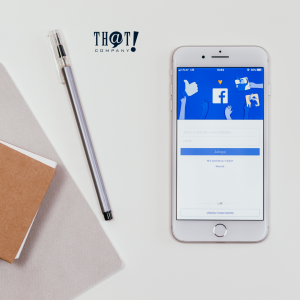 In addition, to expected rising ad costs and smaller audience sizes there is a change to delivering ads optimized for conversion events that occur on your business’ website. Tracking conversions will change to the “Aggregated Event Measurement” and as part of that change, websites will only be allowed to track 8 conversion events that can be used for campaign optimization. So, the good news is we won’t lose tracking of conversions, but the bad news is if your ad sets were optimizing for a pixel conversion event that is no longer available, they will be turned off until you fix it. For all the details on the changes, you’ll need to make/prepare you can read Facebook’s deep dive write up on “How Apple’s iOS 14 Release May Affect Your Ads”
In addition, to expected rising ad costs and smaller audience sizes there is a change to delivering ads optimized for conversion events that occur on your business’ website. Tracking conversions will change to the “Aggregated Event Measurement” and as part of that change, websites will only be allowed to track 8 conversion events that can be used for campaign optimization. So, the good news is we won’t lose tracking of conversions, but the bad news is if your ad sets were optimizing for a pixel conversion event that is no longer available, they will be turned off until you fix it. For all the details on the changes, you’ll need to make/prepare you can read Facebook’s deep dive write up on “How Apple’s iOS 14 Release May Affect Your Ads”
Will this have an effect on other ad platforms?
While Facebook is the one making the headlines going head to head with Apple over this change, this will certainly affect advertising on all the major social network apps (Think – Linkedin, Twitter, TikTok, Pinterest, etc.) A lot of these platforms have followed in Facebook’s footsteps creating their own pixels, collecting data, and allow for remarketing/look-a-like audience targeting, and all of that is going to be affected.
Conclusion:
You or whoever handles your SEO services should prepare your ad accounts, make the necessary changes so your ads don’t get shut down, and keep on keeping on. This isn’t the death of Facebook or advertising. This is just yet another change in the industry and will continue to adapt, progress, and thrive.
Sources:
https://www.macrumors.com/roundup/ios-14/
https://www.facebook.com/off-facebook-activity
https://www.cnbc.com/2021/01/28/apple-ceo-tim-cook-says-f.html
https://www.facebook.com/business/help/742478679120153?id=1205376682832142
https://www.macrumors.com/2021/02/01/facebooks-will-encourage-users-to-accept-tracking/
https://gs.statcounter.com/os-market-share/mobile/worldwide

